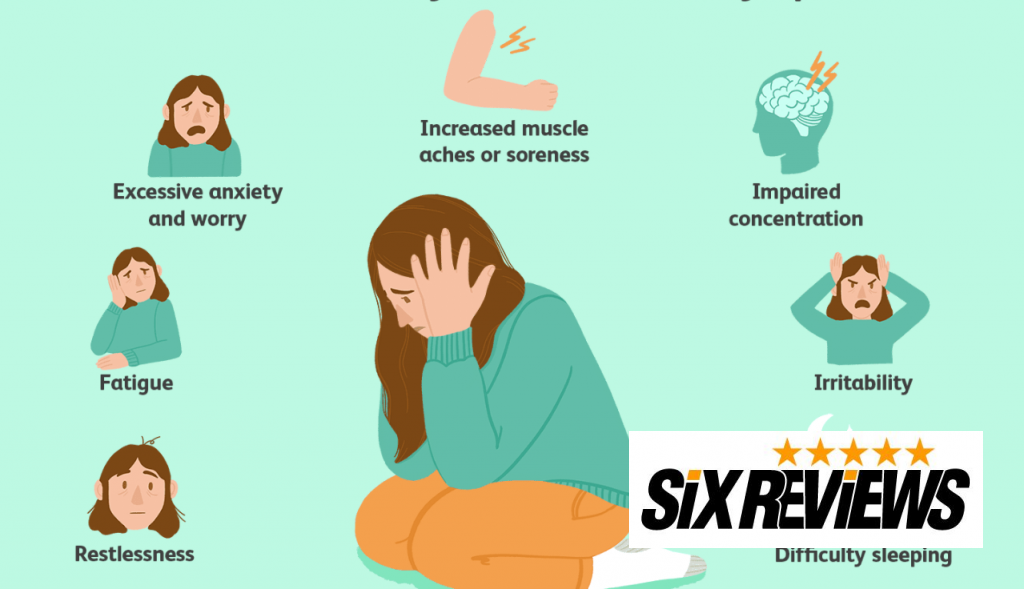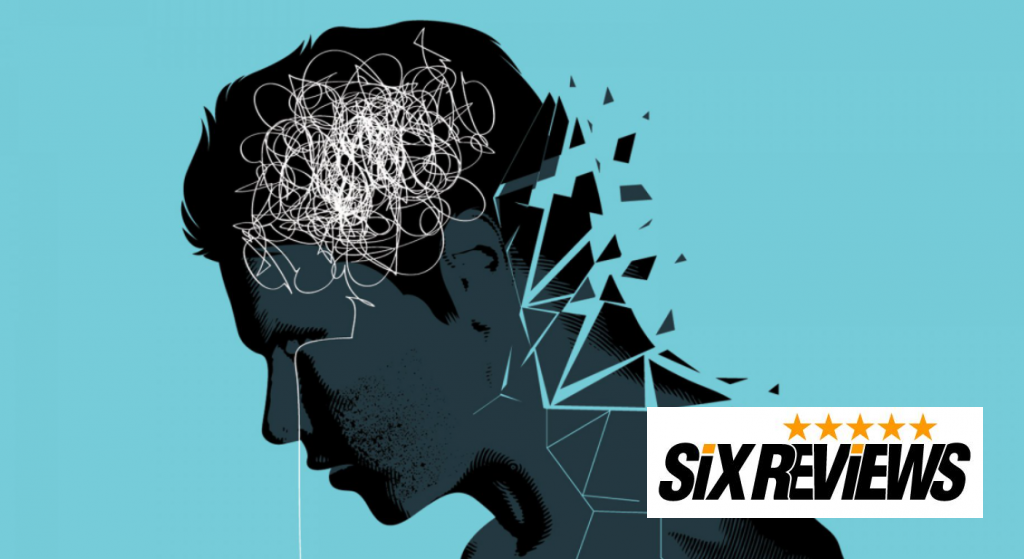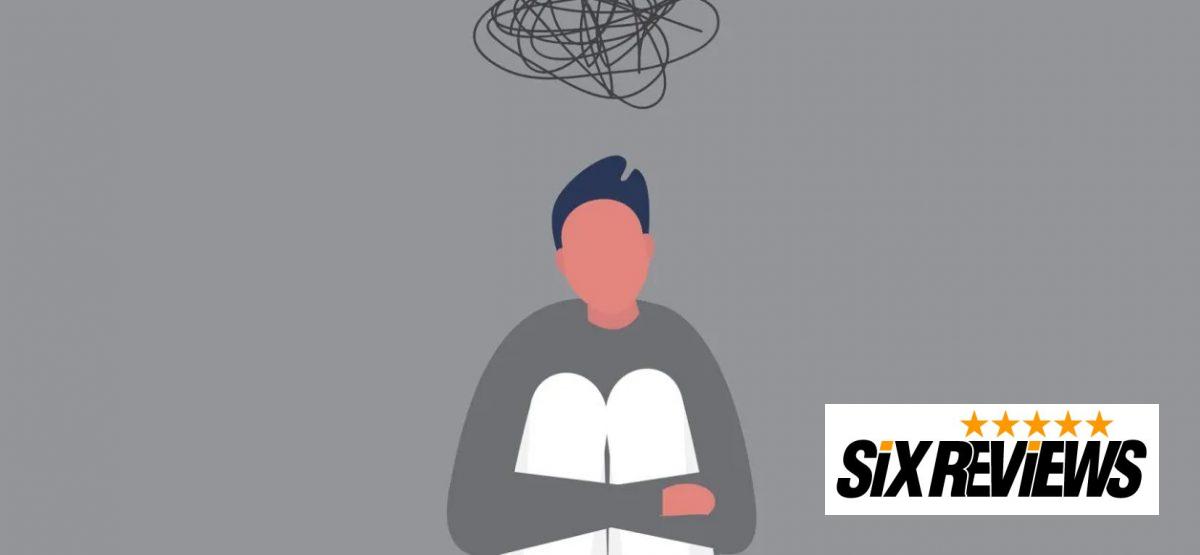In today’s busy world, anxiety is more prevalent than it has ever been. It will impact persons of all ages from all sorts of backgrounds. These problems are the most common psychiatric condition in the US, according to the Anxiety and Depression Association of America. This disease plagues nearly 40 million people over the age of 18.[1] This implies that it impacts over 18 percent of the population annually.
Typically, anxiety is characterized as an unreasonable fear induced by confusion. To any extent, we all feel fear, but it can be debilitating for those of us. Thanks to the stigma of mental illness, many people suffering from fear should not seek care.
Common Symptoms
Anxiety presents itself as unpredictable circumstances combined with unnecessary worry and fear.[2] The ambiguity of life events induces mental stress that prohibits proper functioning. People diagnosed with anxiety feel increasingly powerless because, in their future, they have no control over circumstances. Not all fear, though, is malicious. It is considered useful for moderate anxiety that happens before major life activities and it will improve your confidence.

Clear and neurotic, anxiety is most generally divided into two groups. A common occurrence marked by slight concern induced by everyday stress is basic for this issue. Neurotic fear, on the other hand, expresses itself as a characteristic of personality. Patients who suffer from neurotic anxiety are always fearful of what the future holds, and they are discouraged from operating by the fact that they do not manage circumstances.
The Origin of Anxiety
Anxiety and its effects are difficult to describe for most psychiatric practitioners. Anxiety usually results from one of three emotional states. Guilt is the first one. Ordinarily, the sense of guilt causes some tension whether the shame is realistic or unrealistic; it has similar effects on our mental health. We also find ourselves incapable of satisfying people or measuring up to their desires. This leaves us, in exchange, feeling guilty. This unrealistic sense of remorse can be damaging to the wellbeing of an individual. Analyzing the situation and deciding if the remorse you feel is warranted is crucial. Unjustified shame is not to haunt the ordinary life.

Egoism seems to be the second cause of anxiety. In comparison to the interests of other persons, greedy people are often obsessed with their interests. As a sense of dominance or inferiority, egoism will manifest itself. Hardly ever can people who feel superior to others suffer from anxiety. On the other hand, persons who feel inferior to others also feel ignored, and incomplete, by society. This sense of inferiority may cause them to have low self-esteem and to be nervous.
Fear is the third source of fear. To live, justified fear is important for humans. Morbid fear may, however, arise if an individual is worried about reaching a specific goal. Often people overestimate certain things, such as social standing, and risk the loss of their prestige. This sort of unhealthy fear will handicap a person and discourage them from attaining their objectives.
How Anxiety Affects Daily Life
Mentally and emotionally, physically, and socially, fear can impact people. Anxiety’s physical symptoms include muscle cramps, higher heart rate, and issues with digestion. With time, individuals who suffer from persistent problems typically experience more severe health conditions. Cardiological disorders or irritable bowel syndrome may cause them to suffer.[3]
When thoughts of powerlessness and depression, the neurological symptoms of fear occur. The people who suffer sometimes feel that they can’t do it right. All these emotions will lead to depression and a sense of reality that is warped.
Anxiety may also control the social life of an individual and lead them to feel isolated from family and close friends. People fear their mental levels are declining by isolating themselves from social circumstances. This has highly negative impacts on their social skills, however.[4]

Living with Anxiety
Introspection is the first step in controlling your anxiety. You have to evaluate your actions and lifestyle to decide which circumstances make you nervous. The next step is to ensure that you have a rational understanding of those circumstances. With the assistance of medication, it’s always really difficult to adjust your view, so don’t be afraid to consult a doctor to assist you on your journey to healing.
Living a balanced lifestyle is the final step in controlling depression. You should follow a balanced diet, frequently workout, and allow yourself a chance to celebrate doing the stuff you do. To help relieve the effects of your mental problems, creating a healthy schedule will do wonders.
That being said, it is safer to make an appointment with a registered care practitioner who will help you with the correct prescription and counseling if you are unable to treat your symptoms by yourself. If you may feel confused and helpless, there are still individuals who will do their best to help you overcome difficult times.
- https://adaa.org/about-adaa/press-room/facts-statistics
- https://www.healthline.com/health/anxiety
- https://www.health.harvard.edu/staying-healthy/anxiety_and_physical_illness
- https://www.medicalnewstoday.com/articles/176891

Zombie nerd. Entrepreneur. Unable to type with boxing gloves on. Hardcore food lover. “You’re not a real man until you’ve loved a woman who does a little dance before she pushes out a fart.”

